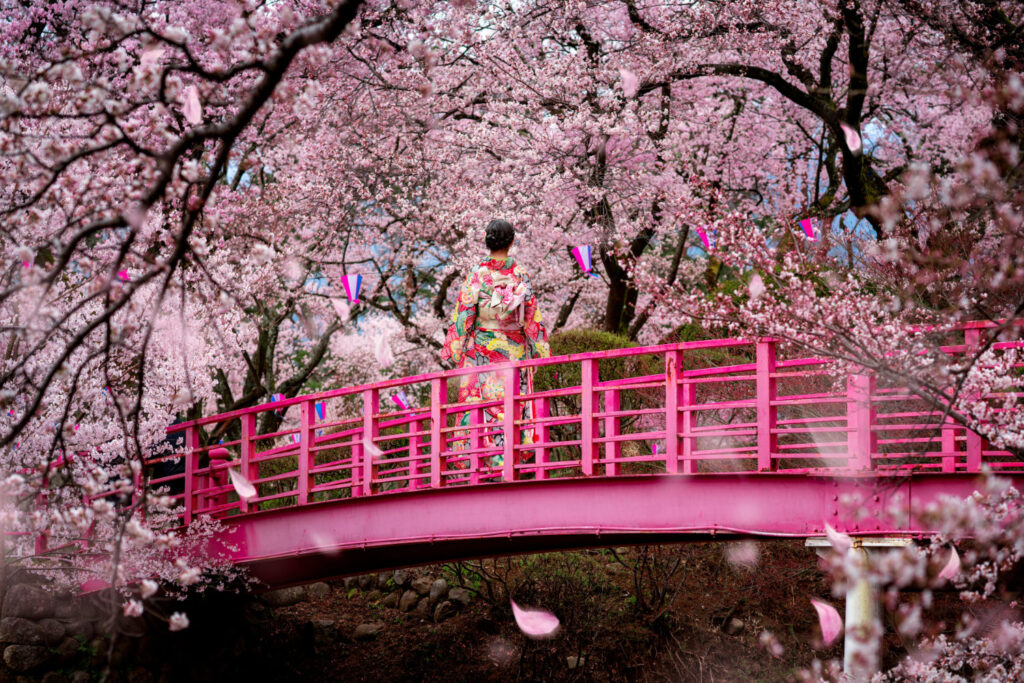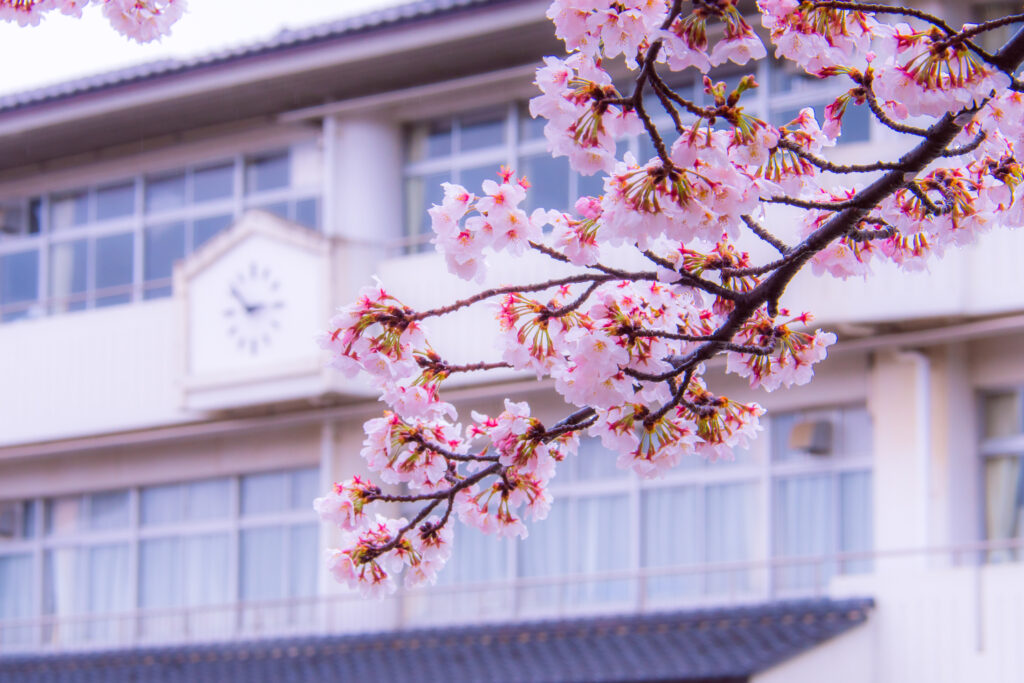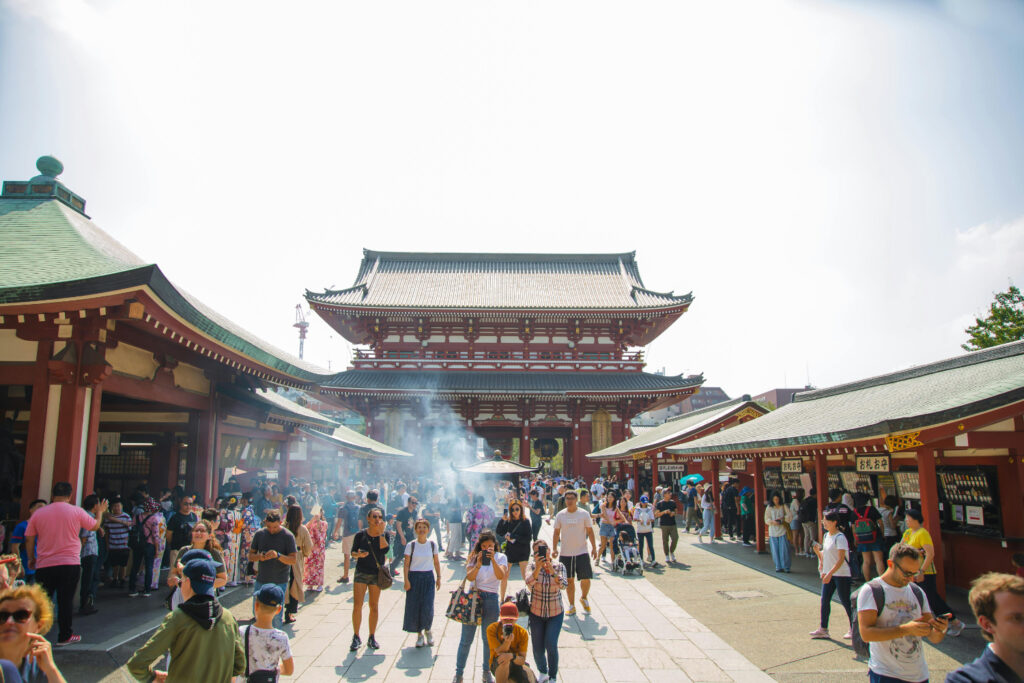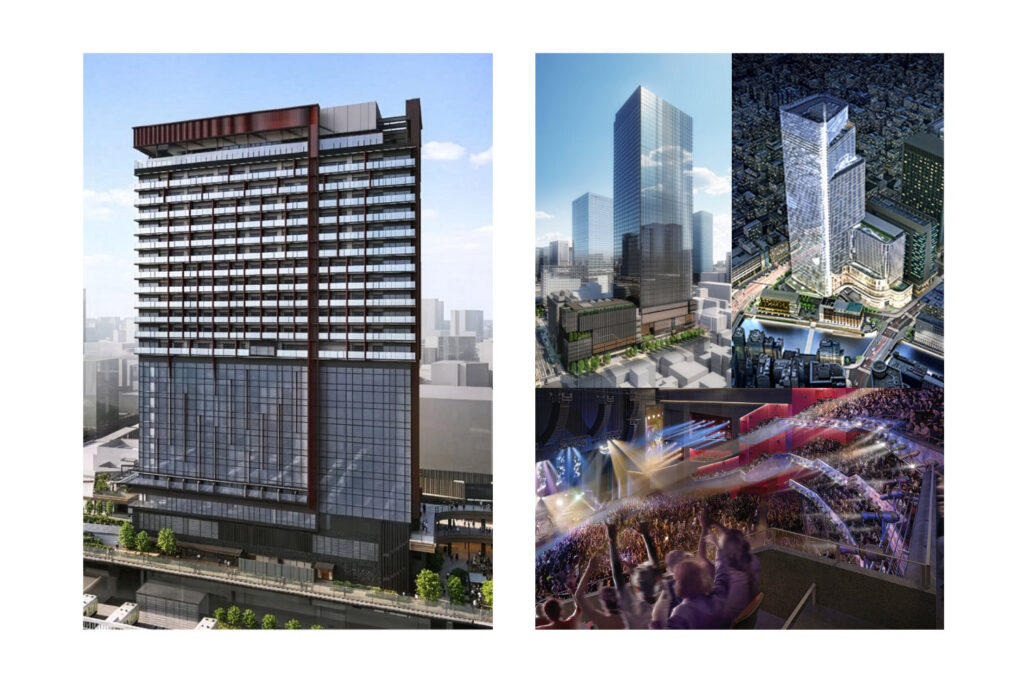
In a city known for its incredibly efficient public transportation system, owning a car in Tokyo might seem unnecessary to the uninitiated. However, for many Tokyo residents, particularly those in luxury properties, car ownership is both a practical consideration and a lifestyle choice that complements their urban living experience.
Despite the common perception that Tokyo residents rely exclusively on trains and subways, private vehicle ownership continues to thrive in certain segments of the population. In fact, recent statistics show that in Tokyo’s more affluent neighborhoods like Minato-ku and Shibuya-ku, luxury car ownership has increased by approximately 8% over the past five years, reflecting both status and practical considerations.
Why Own a Car in Tokyo?
Beyond the Metro Lines

While Tokyo’s public transportation network is extensive, car ownership provides access to destinations beyond the reach of trains and buses. Weekend trips to vacation homes in Karuizawa or Hakone, visits to remote hiking trails, or skiing adventures during winter become considerably more convenient with personal transportation.
For families with young children, having a car simplifies daily routines significantly. School runs, grocery shopping, and weekend activities become more manageable, especially in residential neighborhoods slightly removed from station hubs.
In Tokyo’s luxury property market, car ownership often aligns with a certain lifestyle. High-end vehicles complement premium real estate, with many luxury developments now incorporating sophisticated parking solutions as key selling points.
During Tokyo’s rainy season or sweltering summer heat, having a private vehicle offers welcomed climate-controlled comfort that even the best public transportation cannot match.
Understanding the Costs of Car Ownership
Owning a car in Tokyo involves several financial considerations that differ from other global cities. While many vehicles follow standard depreciation patterns, certain premium and collector models can actually appreciate in value. Limited edition Japanese sports cars, classic European luxury vehicles, and certain rare models have shown impressive value retention and even appreciation in Tokyo’s discerning market.
The Japanese tax system includes a weight tax (jūryōzei) based on vehicle size, an annual automobile tax determined by engine displacement, and an environmental performance tax that varies depending on emissions. These costs are typically higher for larger luxury vehicles but can be offset by selecting models with strong environmental credentials.

One advantage for new car buyers is that the mandatory vehicle inspection system (shaken) isn’t required for the first three years of ownership for brand new vehicles. This represents significant savings in the initial ownership period, making new purchases more attractive than in many other markets.
Insurance policies in Tokyo typically cost between ¥100,000-¥400,000 annually, depending on vehicle type, driver experience, and coverage level. Many premium insurers offer specialized packages for high-value vehicles that include concierge services and priority handling.
Parking Considerations: The Hidden Cost

Before purchasing a vehicle, Tokyo residents must obtain a parking certificate (shakoshōmei) from their local police station, confirming they have secured a designated parking space within 2km of their residence.
Monthly parking costs vary significantly across Tokyo neighborhoods, with prime areas in Minato-ku commanding upwards of ¥70,000-¥120,000 per month. Areas like Shibuya and Shinjuku typically range from ¥60,000-¥100,000, while outer wards offer more reasonable rates.
Luxury residential developments in Tokyo increasingly feature sophisticated parking options including automated systems, valet services, and climate-controlled indoor facilities. Developments like Azabudai Hills and Shirokane The Sky have incorporated premium parking solutions as key amenities, recognizing their importance to luxury buyers.
Electric Vehicles and Sustainable Mobility

Tokyo’s EV charging network has expanded significantly, with over 5,000 public charging stations now available throughout the metropolitan area. Luxury developments increasingly incorporate dedicated charging facilities, sometimes with preferential parking for electric vehicles.
The Japanese government offers substantial incentives for EV purchases through subsidies, reduced taxes, and various exemptions. This has made premium electric vehicles increasingly attractive to environmentally conscious luxury car buyers.
Tesla’s Model S and Model X remain popular among luxury property owners, while Japanese manufacturers like Lexus and Nissan have introduced high-end EV models targeting the premium market. European luxury brands including Mercedes-Benz, BMW, and Porsche have also expanded their electric offerings in the Japanese market.
Chauffeur Services: The Ultimate Luxury
For many of Tokyo’s elite residents, chauffeur services represent the pinnacle of automotive luxury. Professional drivers navigate the city’s complex road system while owners work, relax, or entertain in the privacy of their premium vehicles. This option eliminates parking concerns and the need for a Japanese driving license, making it particularly attractive to international executives and residents.

Several luxury car brands offer dedicated chauffeur programs in Tokyo, providing trained drivers familiar with premium vehicles. Independent chauffeur companies also specialize in high-end transportation, offering services by the hour, day, or on a permanent basis. Many luxury developments have integrated waiting areas specifically designed for chauffeur services, with dedicated entry points and amenities for drivers, such as many Park Court properties offered by Mitsui Fudosan.
Car Sharing and Luxury Rentals
Services like Anyca and Carstay offer peer-to-peer sharing of luxury vehicles, providing occasional access without the commitment of ownership. These platforms have seen membership grow by over 30% annually among affluent Tokyo residents.
Companies specializing in premium vehicle rentals have established a presence in Tokyo’s luxury neighborhoods, offering everything from chauffeur services to weekend sports car rentals, catering to residents who prefer occasional access to different vehicles.
Best Tokyo Neighborhoods for Car Owners
Neighborhoods with convenient access to Tokyo’s expressway network offer significant advantages. Areas like Mita and Azabu provide direct access to Shuto Expressway Route 3, while Hiroo and Ebisu offer proximity to Route 2. Meguro and Shinagawa residents enjoy convenient connections to the Tomei Expressway, facilitating weekend escapes from the city.
Newer developments in areas like Roppongi Tokyo Midtown, and parts of Minato-ku typically offer more generous parking accommodations than older buildings in central Tokyo. Several premium residential projects have emphasized vehicular access and storage, with developments like Park Court Shibuya The Tower offering multi-level secure parking facilities.
The Process of Purchasing a Car in Japan

Foreign residents require a valid residence card with at least 90 days remaining, a Japanese driver’s license or valid international permit, proof of address, and the aforementioned parking certificate. Many luxury dealerships in Tokyo now offer English-speaking services tailored to international clients, with some providing complete handling of all paperwork and registration processes.
While importing vehicles to Japan is possible, it involves navigating complex regulations and potential modifications to meet Japanese standards. Most international residents find locally purchased vehicles more practical, though certain rare or special-order models may justify the additional effort.
Luxury Car Culture in Tokyo
In Tokyo’s luxury neighborhoods, German manufacturers like Mercedes-Benz, BMW, and Porsche remain consistently popular, while Japanese luxury brands such as Lexus and Infiniti have strong domestic appeal. British marques like Bentley and Aston Martin occupy the ultra-luxury segment, with Italian sports cars maintaining a presence in collector circles.

Tokyo boasts several exclusive automotive clubs and regular gatherings, including the renowned “Cars & Coffee” events in Daikanyama and the Yokohama exotic car meets. These communities provide networking opportunities and shared experiences among enthusiasts and collectors.
Conclusion: Finding Balance in Tokyo’s Urban Landscape
Car ownership in Tokyo represents a balance between luxury, practicality, and lifestyle choice. While the associated costs are significant, the convenience and freedom offered can enhance the living experience, particularly for residents of premium properties.
For those considering luxury real estate in Tokyo, evaluating the parking facilities and vehicle accessibility should be an integral part of the property selection process. As Tokyo continues to evolve, the integration of sophisticated parking solutions will remain an important feature of premium developments, reflecting the ongoing demand for private transportation options in one of the world’s most dynamic cities.
Q&A: Common Questions About Car Ownership in Tokyo
Is owning a car in Tokyo worth it?
For residents of luxury properties who value convenience, lifestyle, and access to areas beyond central Tokyo, car ownership can be worthwhile despite the costs. The value proposition improves for families and those who regularly travel outside the city center.
How much does it really cost to own a car in Tokyo?
Annual costs typically range anywhere from ¥700,000 to ¥1,500,000 for a luxury vehicle and even up to ¥10,000,000 for supercars, including parking, insurance, taxes, maintenance, and depreciation. This figure varies based on neighborhood, vehicle type, and usage patterns.
Can foreigners own cars in Japan?
Yes, foreign residents with valid residence cards can purchase and register vehicles. The process requires proof of parking and either an international driving permit or Japanese driver’s license.
Which Tokyo neighborhoods are most car-friendly?
Newer developments in Minato-ku, parts of Shinagawa, and waterfront areas like Toyosu tend to offer better parking facilities and highway access. Areas further from the city center generally provide more affordable parking options.
How do luxury properties accommodate car owners?
Premium developments increasingly offer automated parking systems, valet services, EV charging, and sometimes even vehicle maintenance services as part of their amenity packages.











